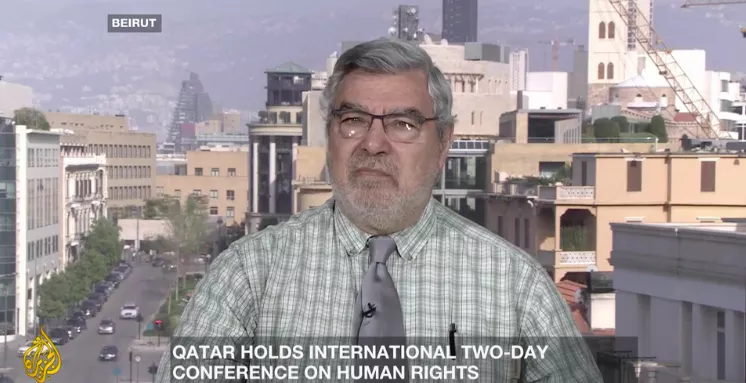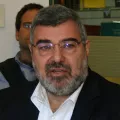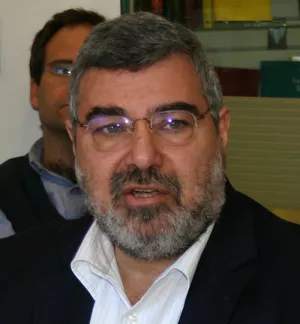Murder, war crimes, genocide - these are some of the worst atrocities under international law. From conflicts to the persecution of minorities because of religion or ethnicity, the world is facing more instances of human rights violations. Increasingly, the people responsible are not being punished. Qatar is holding a two-day conference on the issue with more than 250 representatives from the United Nations, European Union and various rights organizations. They are discussing ways to ensure the perpetrators of such crimes are held to account and do not escape justice. How do we ensure they do not, literally, get away with murder?
Presenter: Elizabeth Puranam
Guests:
Rami Khouri - professor of journalism at the American University of Beirut and senior fellow at Harvard Kennedy School
Toby Cadman - International human rights lawyer and barrister at Guernica 37, an international law firm
Mona Rishmawi - Chief of the rule of law, equality and non-discrimination branch in the Office of the UN High Commissioner for Human Rights (OHCHR)

Watch the full interview below:


